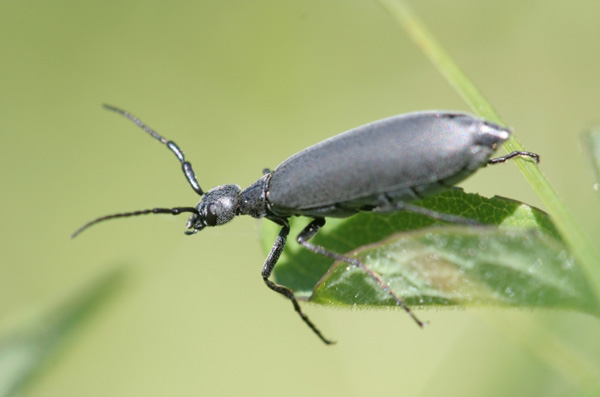
Load the hay, and load the horses. If you travel long distance or for multi-day trips, plan to pack hay.
University of Kentucky State Forage Extension Specialist Dr. S. Ray Smith said, “If you are traveling cross-country, check with contacts you have in that area about the availability of the supply of hay. If you have no idea, take as much as you can.”
Helen Newton and Terry Berg, who haul reiners from Santa Fe, New Mexico, said, “When we go to shows we always attempt to take all the feed that we will need for our horses for the entire duration of the show,” said Helen. “This is primarily because we don’t want to change our horses’ diet when they are expected to be performing at their best.” They use the first stall of their five-horse trailer for hay transport.
Tamie Smith, an eventer who hauled from California to Pennsylvania this September, said, “We typically pack enough hay to get East, and then buy once we are there. We transition the horses over slowly so they adapt easily.”
For transport, consider hay in compressed forms, such as hay cubes or pellets. Standlee sells compressed 50-pound hay bales.
At a competition, you might have to buy what show management supplies. When buying unfamiliar alfalfa, watch for blister beetles, found in colonies clustered in hayfields. Even some horse show hay has been contaminated with these insects.
Dr. Smith advised to examine hay grown in the Central Plains for that same reason. “Be aware of the potential for blister beetles,” he advised. “Good hay growers know and eliminate it, sometimes with insecticides or how it’s harvested. When you get new hay in, check it flake by flake. With blister beetles, they congregate in clusters.”
If you plan to camp with horses on public lands, realize that you must bring Certified Weed Free hay to reduce invasive plants in wilderness areas. That hay meets standards of the North American Invasive Species Management Association (NAISMA). On federal land, the USDA Forest Service manages compliance. Certified hay bales are tied with state-specific colored twine. Bags of cubes or pellets are labeled Certified Weed Free.


